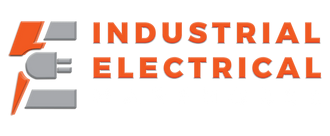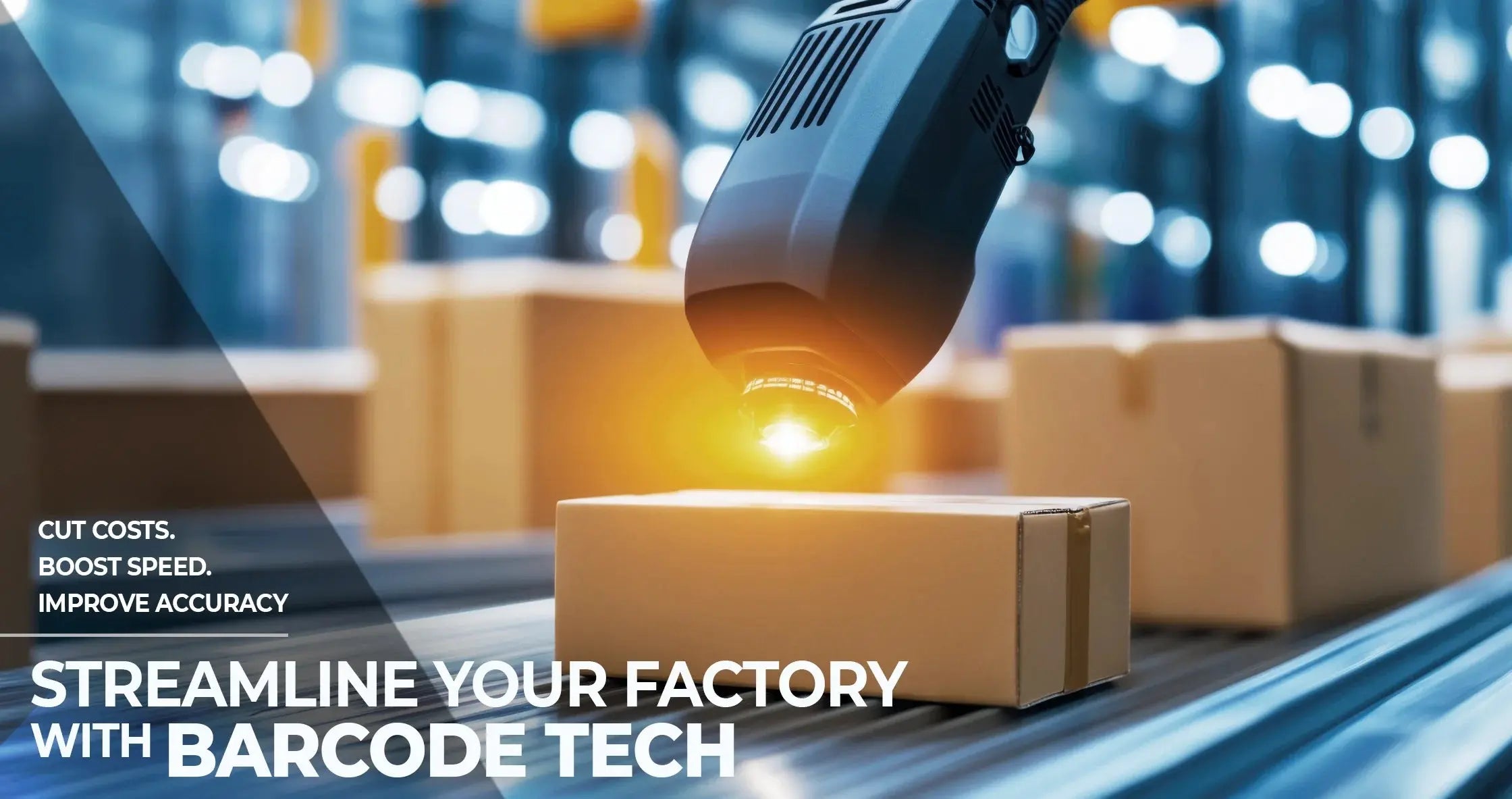In the modern manufacturing landscape, the integration of industrial barcode scanners has emerged as a game-changer for efficiency and productivity. These devices streamline operational workflows, reduce human error, and provide real-time tracking capabilities essential for competitive manufacturing. This article delves into the top reasons for adopting industrial barcode scanners in factories, illustrating their pivotal role in enhancing the manufacturing environment.
Enhancing Inventory Management
Real-time Inventory Tracking
One of the standout benefits of industrial barcode scanners is their ability to facilitate real-time inventory management. By scanning barcodes on items entering or leaving the warehouse, manufacturers can maintain accurate stock levels at all times. This immediate data capture reduces instances of overstocking or stockouts, ensuring that production schedules run smoothly without interruptions. In an industry where every second counts, maintaining precise inventory levels translates directly into cost savings and efficiency increase.
Reducing Human Error
Human errors in inventory management can have significant financial repercussions, leading to miscounts and misplaced products. Industrial barcode scanners minimize these errors by providing accurate data collection with a single scan, reducing reliance on manual entry. The accuracy of barcode technology is notably superior, with a reported error rate of 1 in several million, making it an essential tool for logistics operations within the factory.
Streamlining Operational Processes
Faster Data Entry
Industrial barcode scanners expedite data entry significantly. Instead of manually inputting each item's information, workers can simply scan barcodes, leading to faster processing times. For instance, in a high-paced manufacturing environment, this translates to quicker order fulfillment, enabling manufacturers to respond swiftly to customer needs.
Improved Workflow Efficiency
The integration of barcode scanners optimizes workflows by automating tracking and data collection processes. This automation saves time and allows employees to focus on higher-value tasks rather than tedious manual input. The result is a more agile manufacturing environment that can adapt quickly to changes in demand and supply dynamics.
Enhancing Quality Control
Accurate Product Tracking
Quality control is crucial in manufacturing, and industrial barcode scanners play a vital role in this area. By utilizing barcode technology, manufacturers can trace products through various stages of production, from raw materials to finished goods. This traceability allows for quick identification of defects and enables effective recall processes if needed, significantly boosting the overall quality of products delivered to consumers.
Improved Compliance with Standards
Adhering to industry regulations and standards is vital for manufacturers. Barcode scanners help ensure compliance by providing detailed records of product sources, processing methods, and quality checks. This transparency means that manufacturers are well-equipped to meet regulatory requirements, thus avoiding potential fines or sanctions.
Cost Efficiency and Economic Benefits
Long-term Cost Savings
Although implementing industrial barcode scanners requires an upfront investment, the long-term financial benefits are remarkable. With reduced labor costs due to automation, minimized loss from errors, and streamlined operations, manufacturers can expect a substantial return on investment. Studies indicate that productivity increases can achieve upwards of 25% after adopting barcode technologies.
Optimized Supply Chain Management
Integrating barcode scanners into manufacturing operations enhances overall supply chain management. With real-time data accessible at all times, businesses can make informed decisions relating to sourcing, production pacing, and distribution. The visibility garnered through barcode scanning can lead to improved supplier relationships and better inventory turnover rates, reinforcing the economic benefits of adopting these technologies.
FAQs About Industrial Barcode Scanners
What types of industrial barcode scanners are available?
There are various types of industrial barcode scanners, including handheld scanners, fixed-mount scanners, and mobile rugged devices. Handheld scanners are versatile and can be used in multiple locations, while fixed-mount scanners are ideal for assembly lines where products are passing by rapidly. Mobile rugged devices are designed to endure harsh conditions in manufacturing environments.
How do I choose the best industrial barcode scanner for my factory?
When selecting an industrial barcode scanner, consider factors such as scanning speed, durability, connectivity options, and compatibility with existing systems. Assess the specific needs of your manufacturing environment to ensure that the selected scanner aligns with operational requirements.
Can barcode scanners integrate with existing inventory management systems?
Yes, most industrial barcode scanners are designed to integrate seamlessly with existing inventory management and enterprise resource planning (ERP) systems. This integration facilitates efficient data sharing, ensuring all information is synchronized across platforms.
Conclusion
In conclusion, the integration of industrial barcode scanners in manufacturing processes brings forth numerous benefits that enhance operational efficiency, improve accuracy, and reduce costs. By investing in reliable barcode scanning technology, manufacturers not only streamline their operations but also position themselves competitively in a rapidly evolving market. For those looking to enhance their manufacturing capabilities, adopting industrial barcode scanners is a key step forward. Explore quality options provided by manufacturers like SICK Barcode Scanner CLV42x / CLV420 to get started on your journey today.


